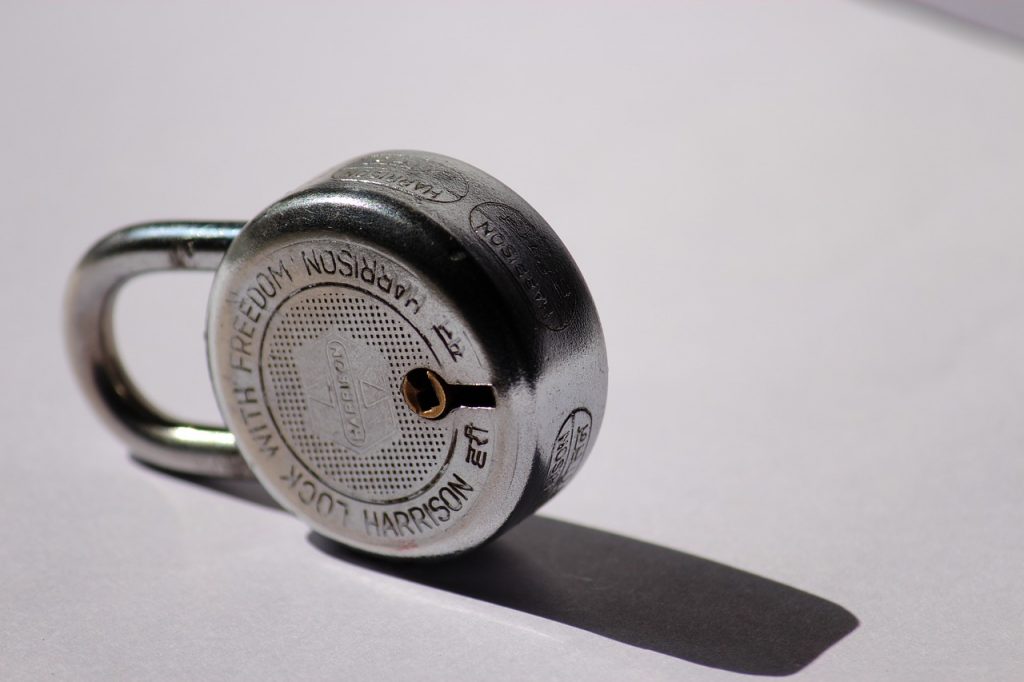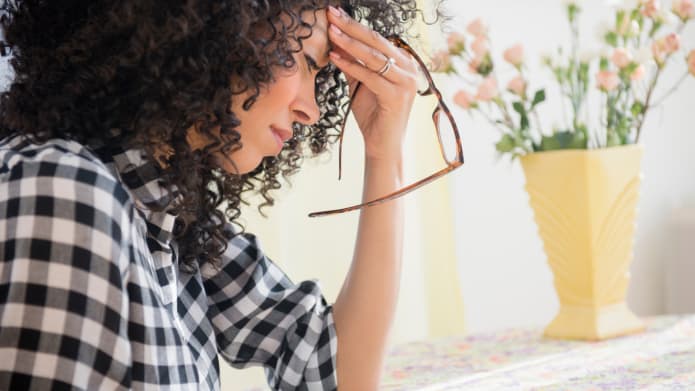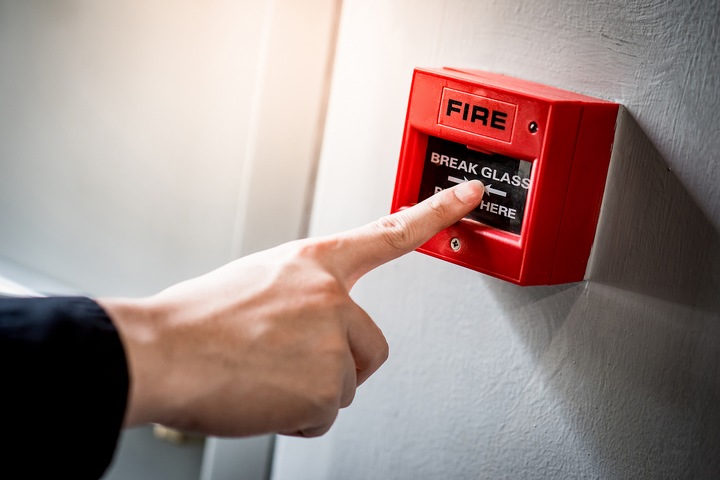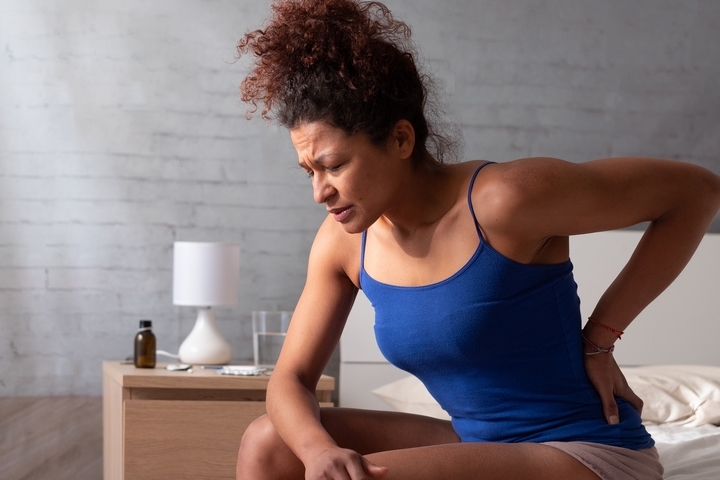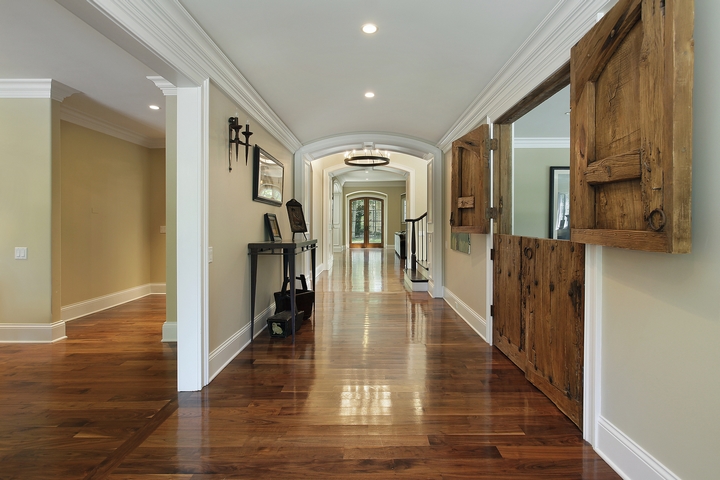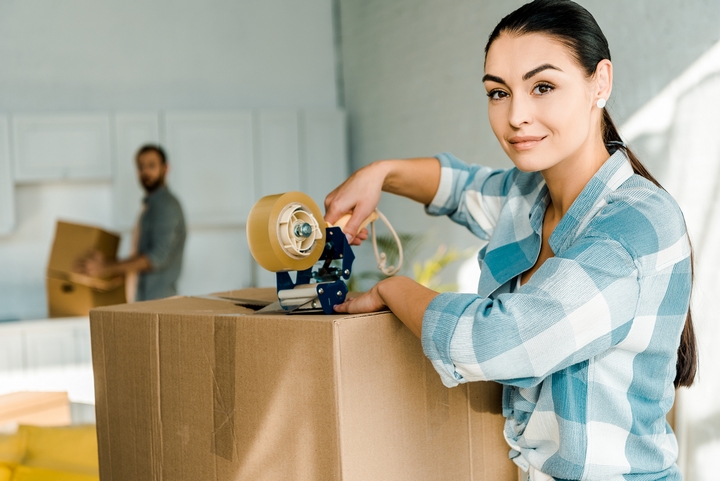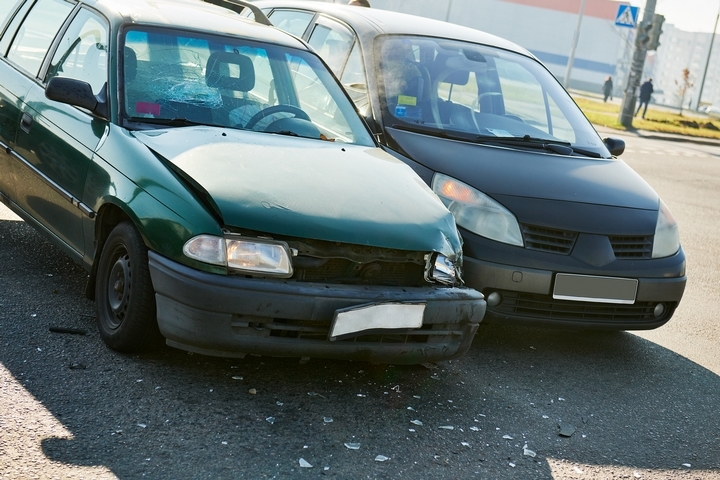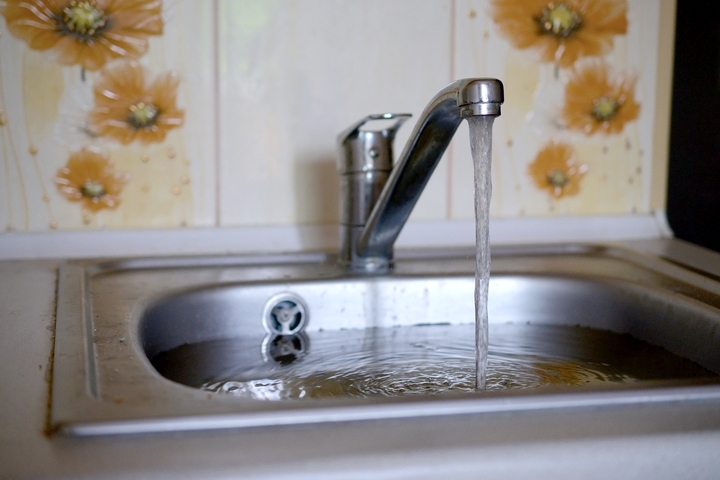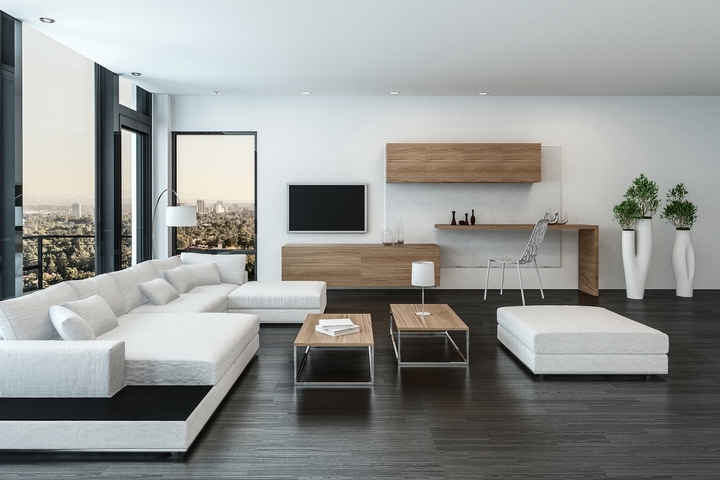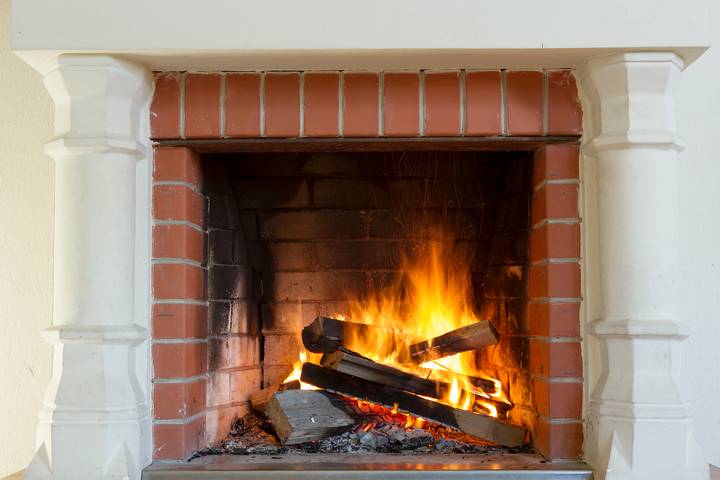Life is a journey. You grow older, wiser and continue to enjoy this inevitable journey. As you grow old, you experience many changes during the transition. Your children leave, you retire, and you may have to move into a retirement home. Personal safety becomes more critical as you age due to physical and mental changes.
Coping with all these changes can be difficult, but you have to find a way to deal with them no matter how old you are. It would help if you stay healthy, safe and feel your best at any age. If you are concerned about your health and safety in your old age, consider staying at a reputed retirement home as the facility can offer you companionship, safety and security. These types of homes are equipped with handrails, safe floors and ramps to make life easier.
Here are some essential senior safety tips to consider:
1. Injury prevention

At home, you want to avoid any injury. Falls are the leading cause of injuries that can result in a devastating loss of mobility and independence. To prevent falls, always ensure to remove any obstruction on floors or near doors. For example, rugs can pose as an obstruction. In addition, follow an age-appropriate physical program to stay healthy and improve your balance.
2. Medication

You may have loads of medicine to take and even track. The best way to prevent any errors is to keep a list of all the medication, dosage and timing. Consider giving a copy to your family members so that they can keep track as well. Make sure your health provider is kept up-to-date with your list and informs you of changes when needed. You may want to keep your health provider informed of any vitamins, supplements and over-the-counter medication you use.
3. Visibility

Good lighting is needed as you age. Increase the illumination in all rooms of your home. Lighting for stairs will help as well especially at night time. It would be best if you also thought about remote control and automated lighting for your rooms. This way you do not have to worry about reaching the switch during the night.
4. Mobility
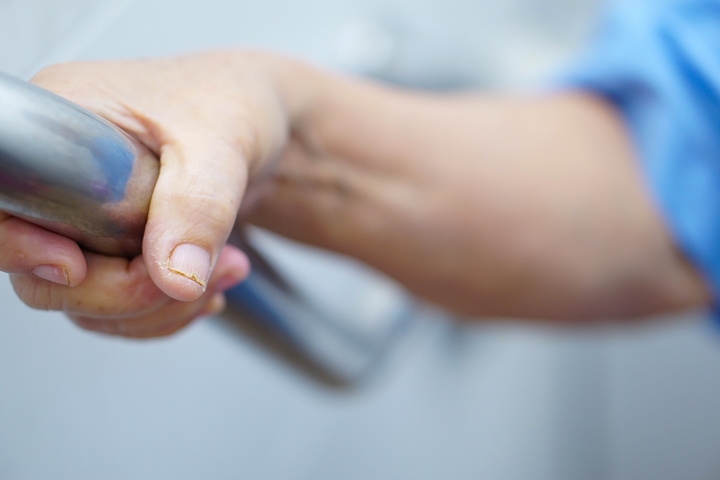
Handrails for your stairs. Handles in your bathroom. These support systems can help you access and move around comfortably. You may also want to consider a walker and cane that are quickly accessible. If you find it difficult to walk up and down the stairs, you might want to consider a stair lift that will help you stay independent and safe.
5. Fire prevention

Make sure to cook with care and do not leave the kitchen when the food is still cooking. Move items that are easily susceptible to fire away from the stove. Ensure your home has a smoke detector for most or even all rooms. You can also consider a smoke alarm system that is connected to a monitoring center.
6. Home security

Apart from general home safety requirements, you have to be safe and secure from intruders or crimes. You may want to consider a home surveillance system that will give you peace of mind. This system can be used to monitor your surroundings, identify intruders and prevent home invasions. With home surveillance, you are prepared and can instantly call for emergency support. Additionally, you can have a panic button in place to immediately reach emergency services.
7. Safety devices

There are several safety devices that you can use to safeguard your health and safety. Some commonly used devices include the Medical Guardian, Burner Alerts, MedSmart Automatic Pill Dispensers and much more. The Medical Guardian can be carried at all times and in the shower as well. When you press the button, it immediately alerts the monitoring center for emergency support. The Medical Guardian is also configured to detect falls and can send help directly. Burner alerts remind you that your stove is still on. Some devices can automatically turn off your stove. The MedSmart Automatic Pill Dispenser will remind you of your medication and the correct dosage.
8. Avoid hazards
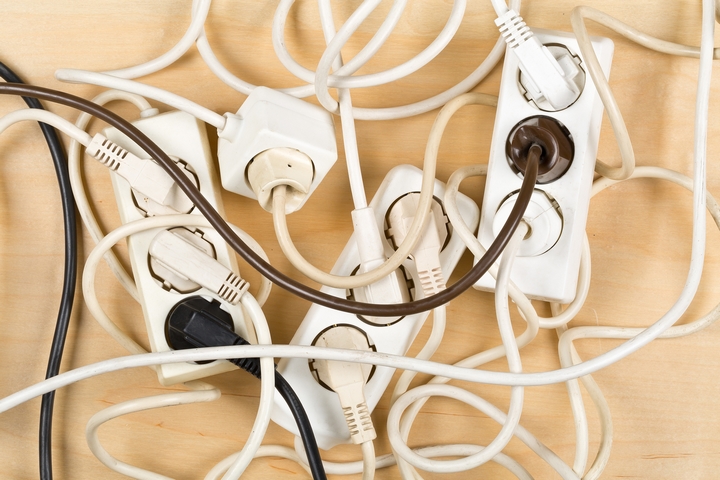
Ensure to inspect all your safety devices and home protection systems. Spend some time on determining how to prevent hazards or accidents as most mishaps at home can easily be avoided. Make sure no wires or cables are lying loosely on your floors. Also, ensure to clear all the clutter in your home.
9. Emergency contacts and supply kit

Maintain a list of essential emergency contacts such as the police department, fire department, hospital emergency and other contacts that will help you without delay. You might want to consider creating an emergency supply kit with medical supplies, hearing aids, and extra batteries, glasses, copy of your IDs and more.
10. Outdoor safety

If you plan on taking a walk outside, choose a safe route that will prevent any personal harm or injury. Avoid isolated lanes, busy roads or uneven pathways.

